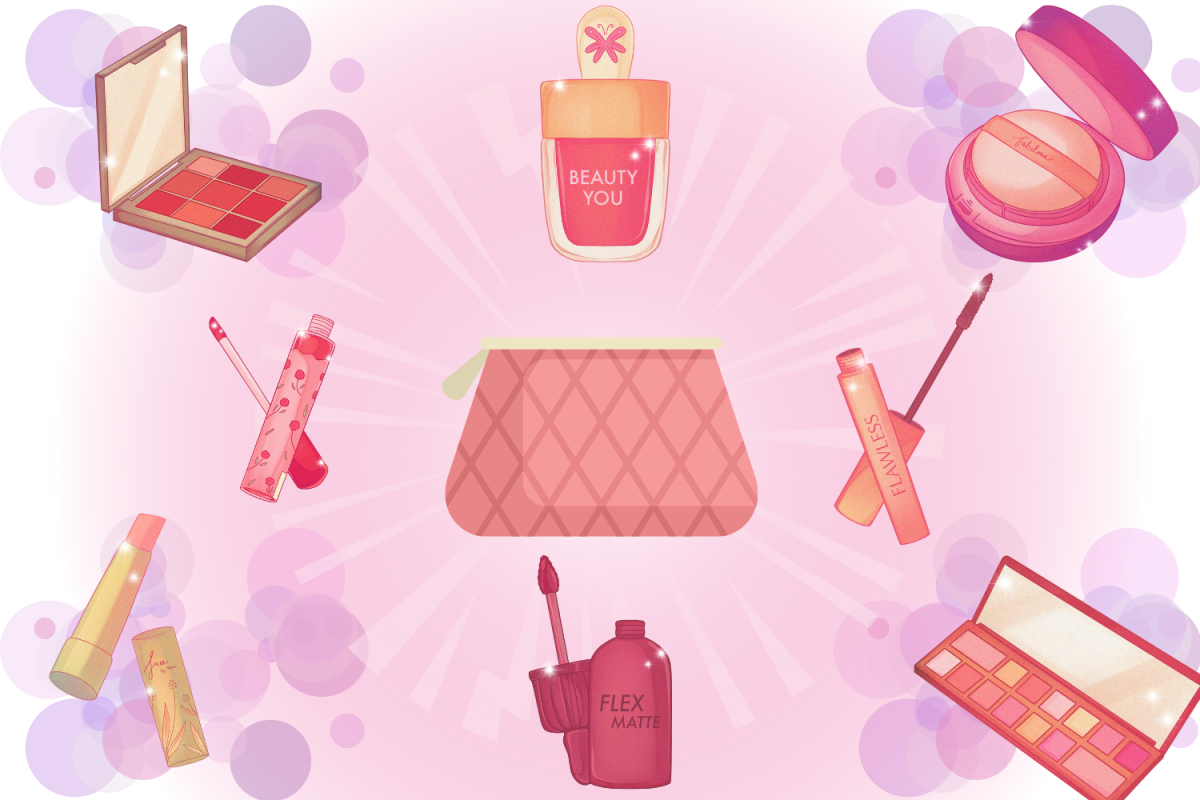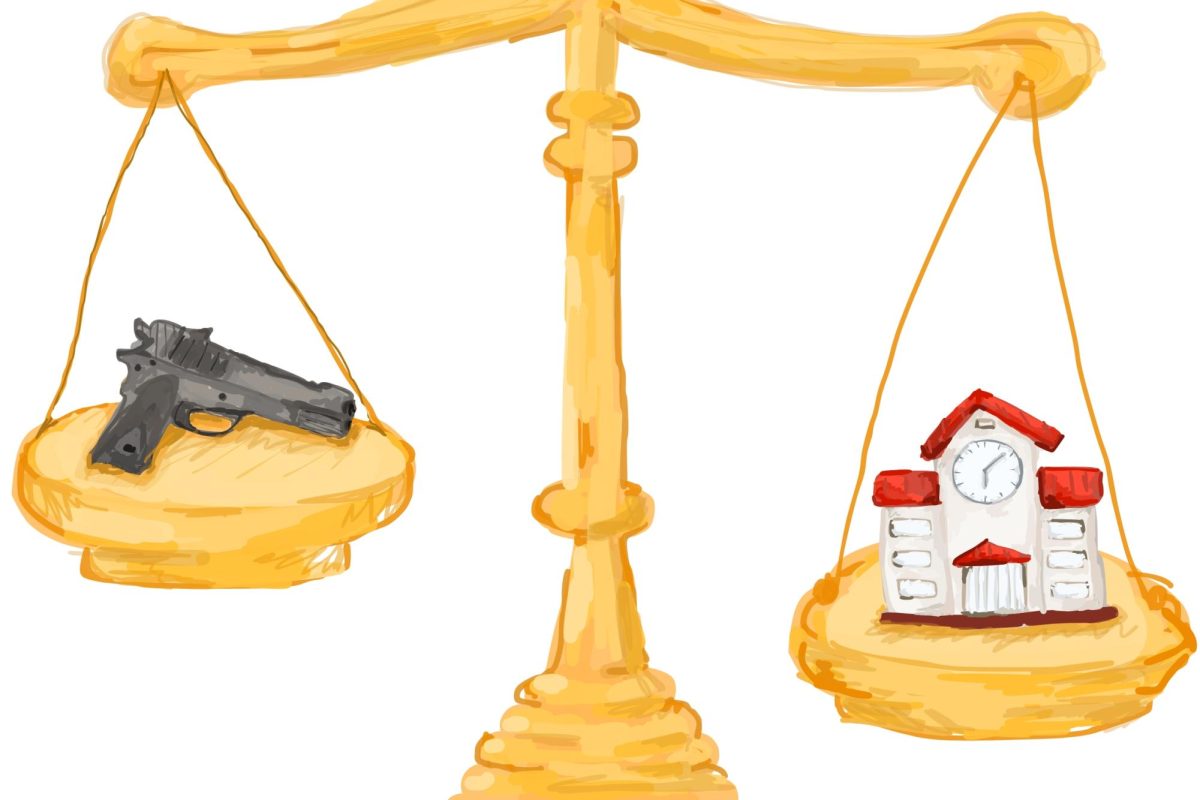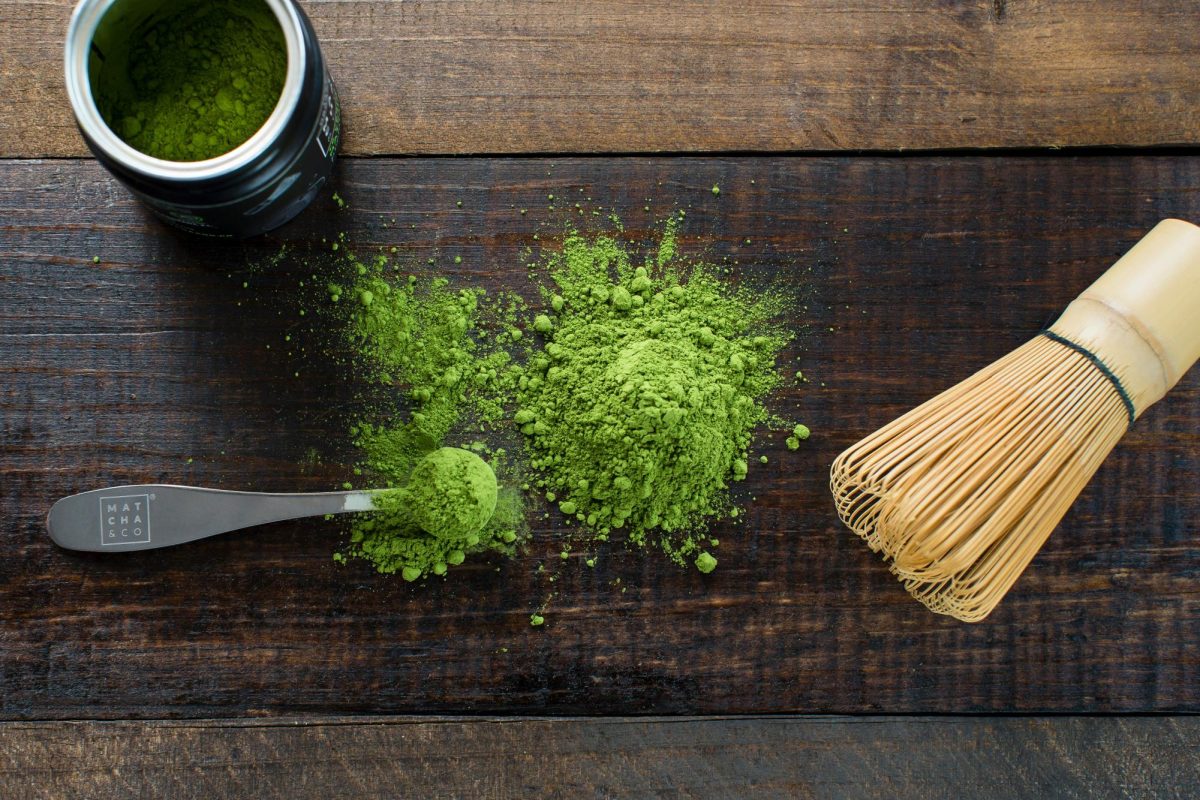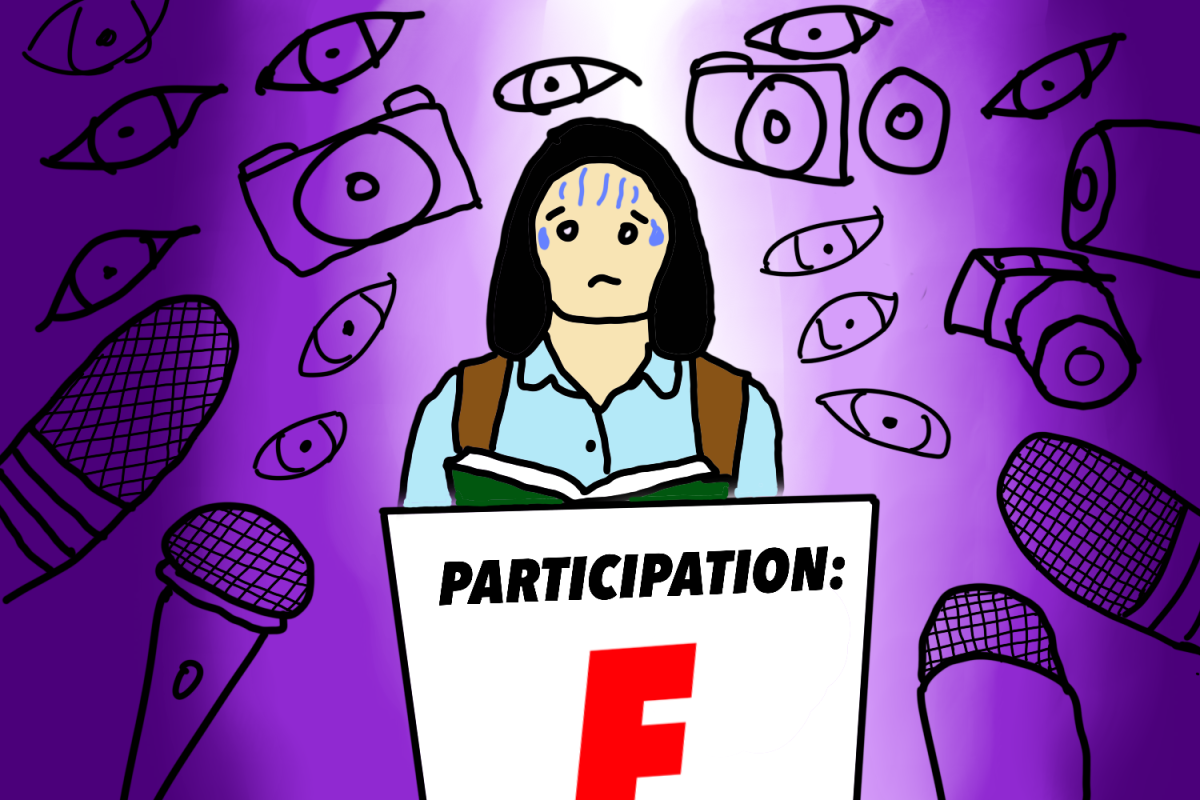In the wake of the 2024 U.S. presidential election, videos of online content creators copying what they perceive as makeup that Republicans wear began to circulate on TikTok and other social media platforms.
Many of these videos feature women following the same makeup look done by one of the trend’s earlier creators: Suzanne Lambert.
Lambert points out that Republican makeup “clings to any dry spots and accentuates any texture that we might have.”
In her video, Lambert uses a warm-toned foundation that “doesn’t match the undertones of [her] skin,” a light concealer, warm-toned blush, bright eyeshadow for a smoky look, thick eyeliner around her eyes, dry mascara, and skin-toned lipstick.
In turn, Republicans have also responded by parodying liberal makeup with thick eyebrows, bold eye makeup, winged eyeliner, and colorful lipstick. With everything that is currently happening in politics, this trend is a distraction. Instead of discussing how the current government is handling issues such as climate change and the economy, this trend intensifies political polarization and shifts the focus onto women’s looks.
Today, when makeup is an expectation for women, critiquing other women’s makeup shifts the accountability of conservative beauty standards on women instead of the patriarchy. For example, Hilary Clinton spent up to 600 hours getting her makeup and hair done during the 2016 presidential campaign because if she hadn’t spent that time, people would criticize her, an idea shown in the few times she was seen in public without makeup. Looking at a record of what Donald Trump has said about women, it is also clear that he communicates the message that a woman should look clean, young, attractive, polished, and put-together. Thus it isn’t surprising that many Republican women who look up to Trump would put in effort to their makeup. This trend reinforces internalized sexism and blames women who are pressured to follow expectations from the leaders in their community rather than what and who sets those traditional beauty standards.
While makeup is a way of expressing one’s identity, it can lead to conformity to beauty standards or political agendas. Instead of substantive discussions regarding politics, women are being criticized for their looks, which doesn’t always fully reflect a person’s values or beliefs. This trend leads to more women worrying about whether their makeup reflects their political parties.
Additionally, people on TikTok who wholeheartedly follow and believe in the trend mock women’s expression of femininity and ridicule them for following traditional gender expectations set by Republican leaders. Using satire and saying things like “we don’t want [our brows] to be too straight, almost like we applied it in the dark” in this case is not the proper way to engage in political discourse and is, in fact, counterintuitive.
It is unnecessary to comment that someone’s makeup looks “drained” and “dusty.” Moreover, it is anti-feminist to mock other people’s appearance (even if they chose to look like so) and may even be considered bullying. Although makeup has often been marketed as a means of empowerment, the conservative and liberal makeup war is a stark contrast to this message.
What we need today is empathy. As a society, we need to try to understand and care about people who may have different backgrounds. People can learn through empathy, but they may withdraw when they are punished or criticized for the way they look. Instead of trends that divide people, we can foster empathy by sharing experiences to build a common ground and promote meaningful dialogue. Making fun of women’s makeup is taking away from important discussions that could be discussed on social media.







